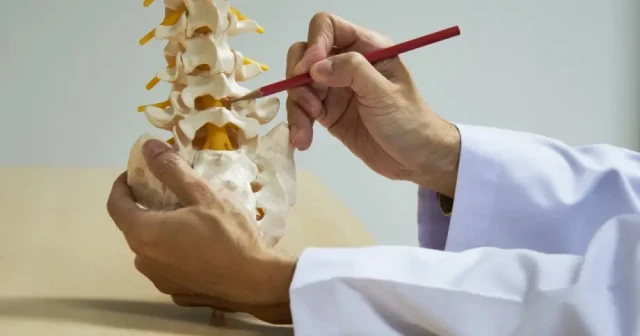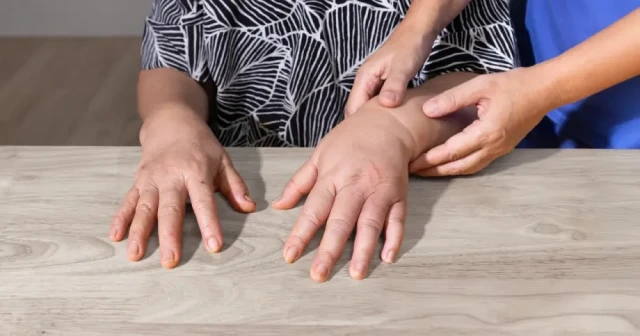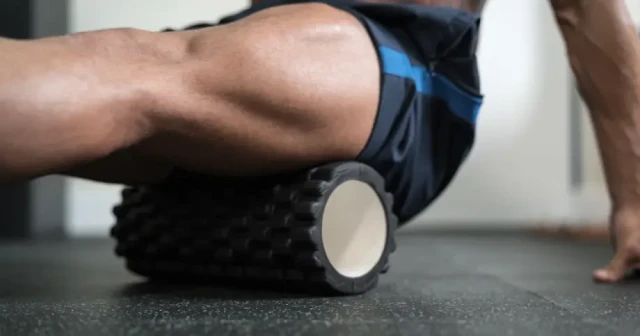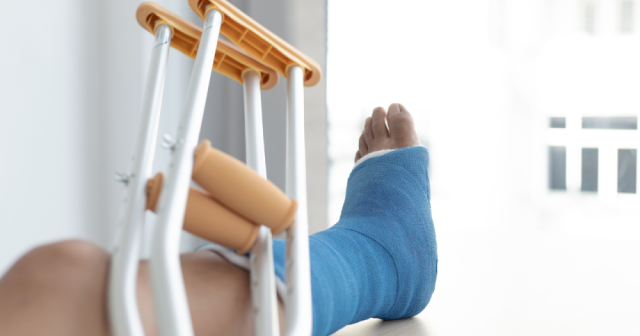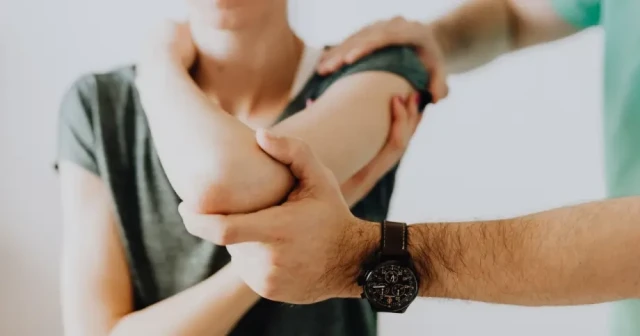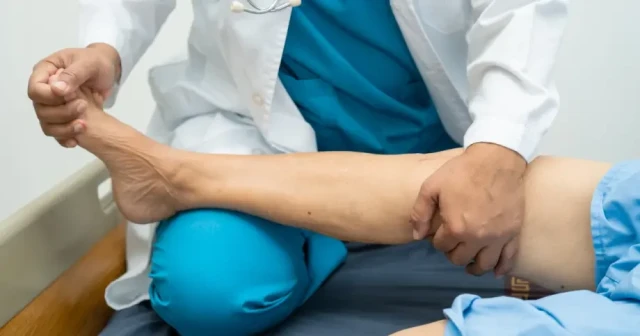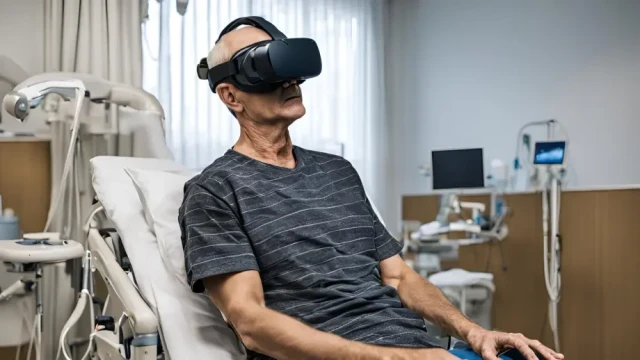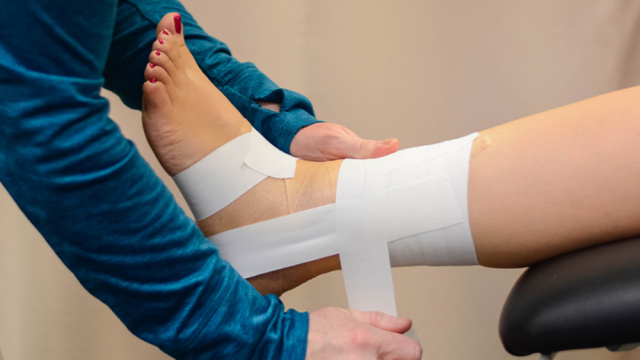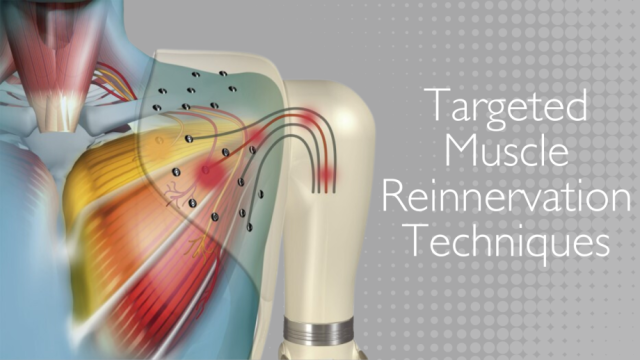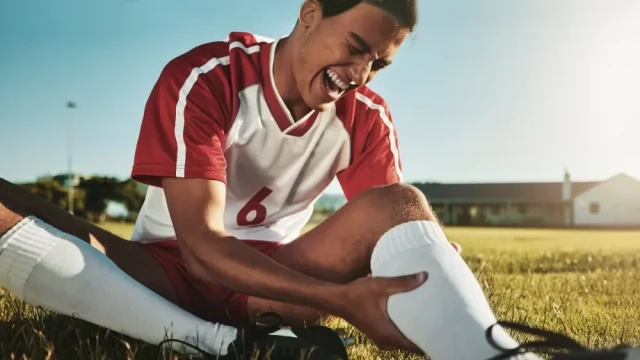Treatments & Recovery
Exploring Non-Operative Spine Solutions: Advanced Options for Lasting Pain Relief
Read MoreRecovery Strategies for Athletes: How Minimally Invasive Treatments Can Help You Get Back on Track
Read MoreUnderstanding Nerve Impingement in the Neck: Causes, Symptoms, and Treatment
Read MoreNonoperative Spine Care: How Physiatrists Offer Alternatives to Surgery
Read MoreUnderstanding ACL Injuries: Surgery Options, Recovery, and What You Need to Know
Read MoreMinimally Invasive Treatments for Children: Helping Your Child Recover Quickly
Read MoreUnderstanding Joint Replacement Options: Is Minimally Invasive Right for You?
Read MoreNavigating Your Orthopedic Treatment Options: From Pain Relief to Recovery
Read MoreOvercoming Phantom Limb Pain: Virtual Reality Innovation at OrthoCarolina
Discover how OrthoCarolina is revolutionizing amputee care with Targeted Brain Rehabilitation using Virtual Reality, offering new hope for overcoming phantom limb pain and enhancing quality of life.
Read MoreMastering Ankle Taping: A Step-by-Step Guide to Injury Prevention and Recovery
Learn proper ankle taping techniques with our comprehensive step-by-step guide, designed for athletes, trainers, and healthcare professionals. Discover essential materials, effective methods, and expert tips to enhance injury prevention and support recovery.
Read MoreEnhancing Prosthetic Functionality with Advanced Targeted Muscle Reinnervation (TMR) Techniques
Discover how Targeted Muscle Reinnervation (TMR) surgery enhances prosthetic functionality and manages neuroma pain for amputees. Learn about advanced techniques, see illustrative resources, and explore the integration of VR technology at our internationally recognized Amputee Clinic
Read MoreUnderstanding Athletic Achilles Injuries: Causes, Prevention, and Advanced Treatments
Achilles injuries are becoming increasingly common among athletes of all ages. Dr. Robert Anderson of OrthoCarolina Foot & Ankle explains the causes, prevention methods, and the latest advancements in treatment to help athletes recover faster and more effectively.
Read MoreEmpowering Recovery: OrthoCarolina's Multidisciplinary Approach to Brachial Plexus Injuries, Limb Paralysis, and Congenital Hand Differences
Discover how OrthoCarolina's multidisciplinary approach provides comprehensive care for brachial plexus injuries, limb paralysis, and congenital hand differences. From innovative treatments to personalized rehabilitation, we're committed to enhancing physical, emotional, and psychological well-being.
Read MoreEric Hunt's Remarkable Comeback: From Quadricep Tendon Rupture to Powerlifting
Discover Eric Hunt's awe-inspiring journey from a ruptured quadricep tendon to powerlifting glory. Follow his resilience, rehabilitation, and ambitious comeback goals after overcoming adversity. A tale of strength, determination, and the unwavering spirit that defines extraordinary comebacks.
Read MoreLet OrthoCarolina Assist You When Conquering Shin Splints
Learn effective strategies for managing shin splints in soccer players and runners. Discover expert advice for pain management, injury prevention, and staying in the game pain-free.
Read More
